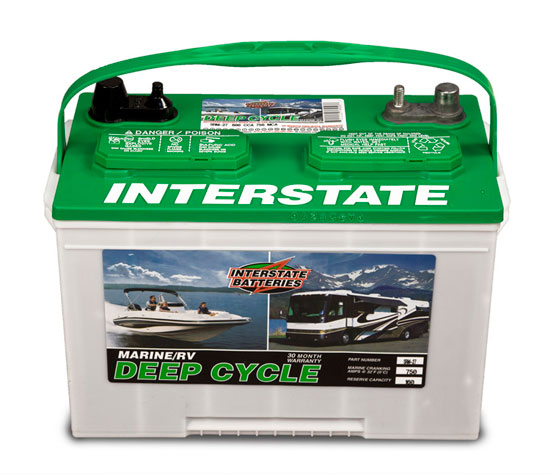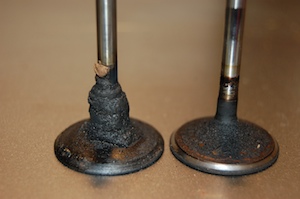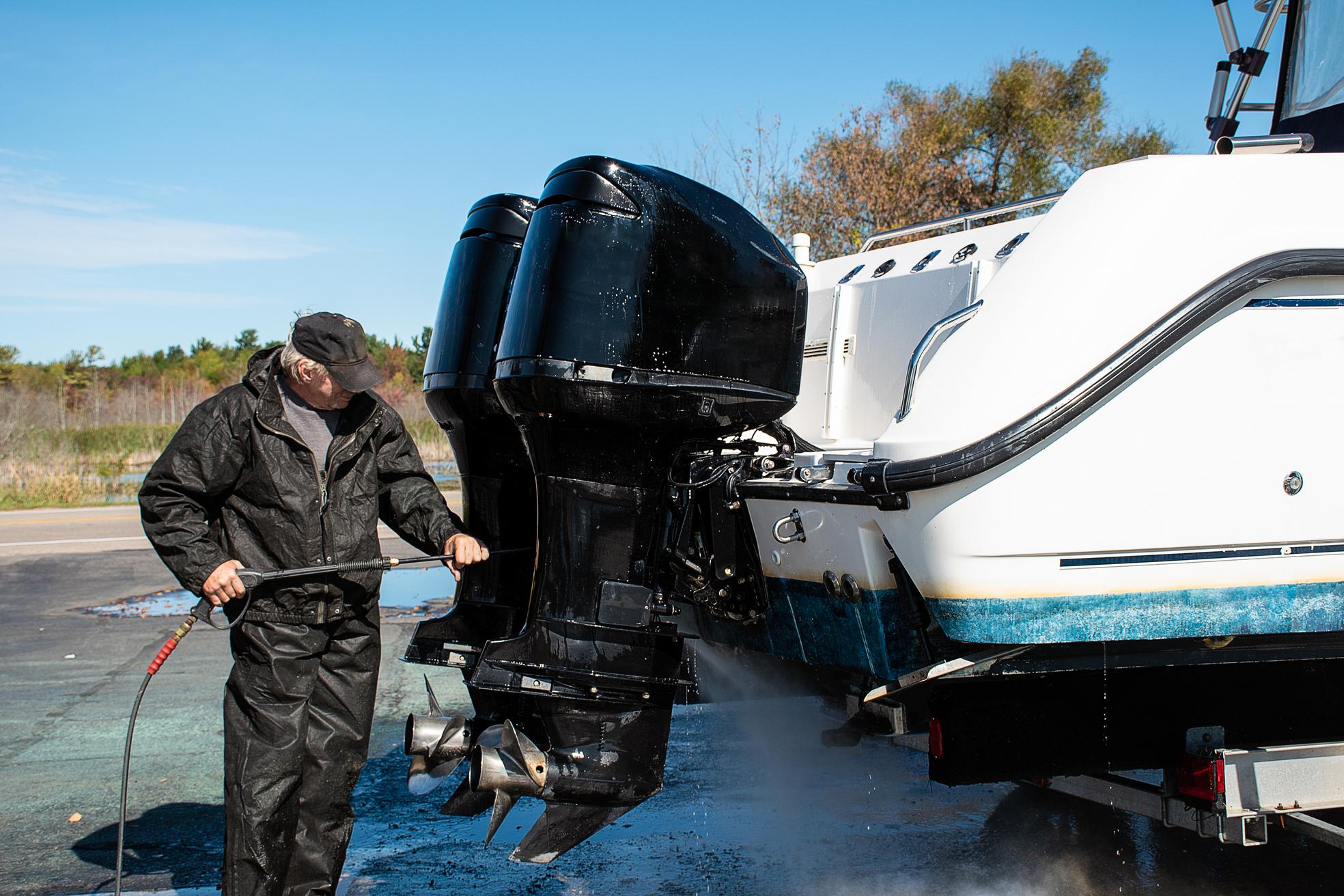Don't Let Cold Winter Temperatures Ruin Your Batteries
When the boating season ends for summer and fall, many boat owners must prepare to store their vessels for the winter. Properly caring for boat batteries during storage is essential, and it's importan
When the boating season ends for summer and fall, many boat owners must prepare to store their vessels for the winter. Properly caring for boat batteries during storage is essential, and it's important to know the appropriate steps to take. While storing boat batteries can seem challenging, it's relatively straightforward when using lithium batteries. This guide will discuss the potential risks of leaving batteries in a boat over the winter and reasons to avoid it.

Above: A marine deep-cycle battery can also be used as a starting battery if it meets the cold cranking amps specification of the outboard motor.
Lithium-ion battery users typically do not have to worry about freezing under most conditions. Many lithium marine batteries can withstand temperatures as low as -15 degrees Fahrenheit without any issues. However, lead-acid marine batteries are more susceptible to freezing and have varying freezing points. It's important for boat owners using lead-acid batteries to know the limits of their batteries and to use a battery maintainer or tender to keep them charged and prevent freezing. These devices provide a steady flow of energy to the battery to counteract the natural energy loss caused by cold weather. It is advisable to remove the battery from the boat during the coldest months if possible.
Many boaters consider it too risky to leave batteries in a boat during the winter when freezing temperatures could damage them. If do you choose to leave the battery or batteries in the boat, it is recommended to at least disconnect all batteries from the electrical system. Many boats have a battery disconnect switch that can be used to cut power to the battery. However, some systems such as emergency sensors or carbon monoxide alarms may still draw power even with the switch off. To prevent this, it's essential to fully disconnect marine batteries during extended periods of inactivity to avoid draining energy.
To winterize a boat battery to prepare it for winter storage, charge it fully and then disconnect it from the electrical system. The battery should be stored in a dry location with temperatures between -10 and 140 degrees Fahrenheit. In general, it's not recommended to leave batteries in a boat over winter as it can be costly and time-consuming in the long run.












